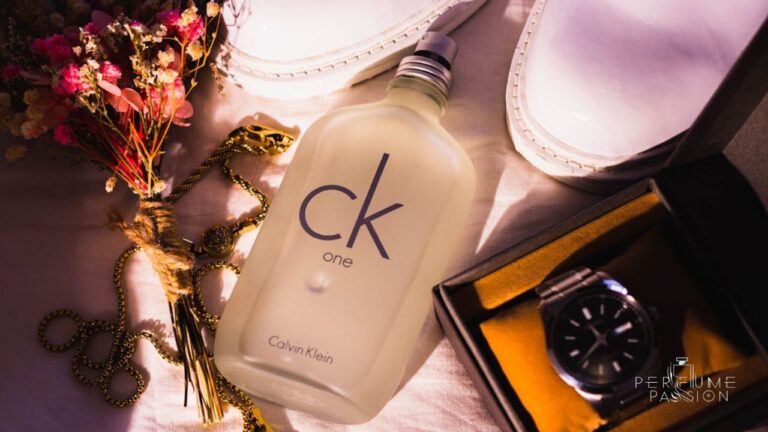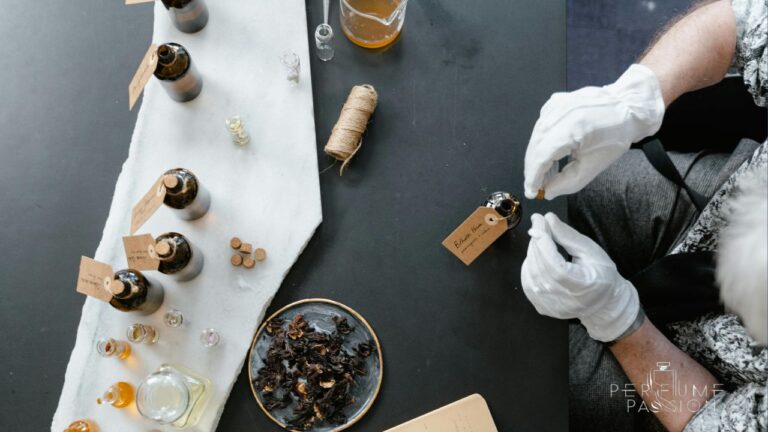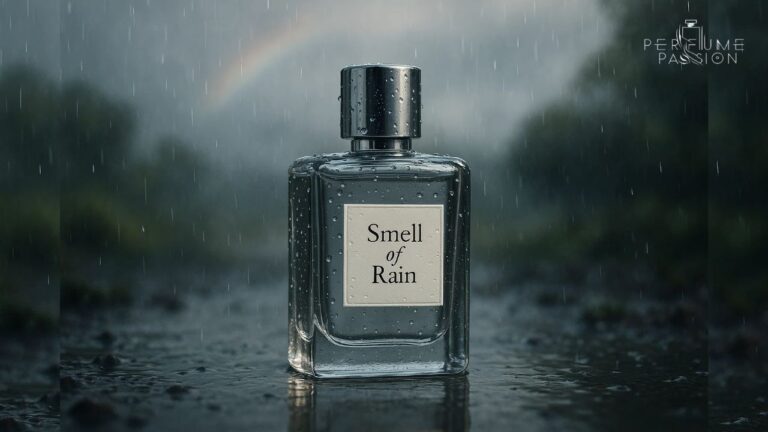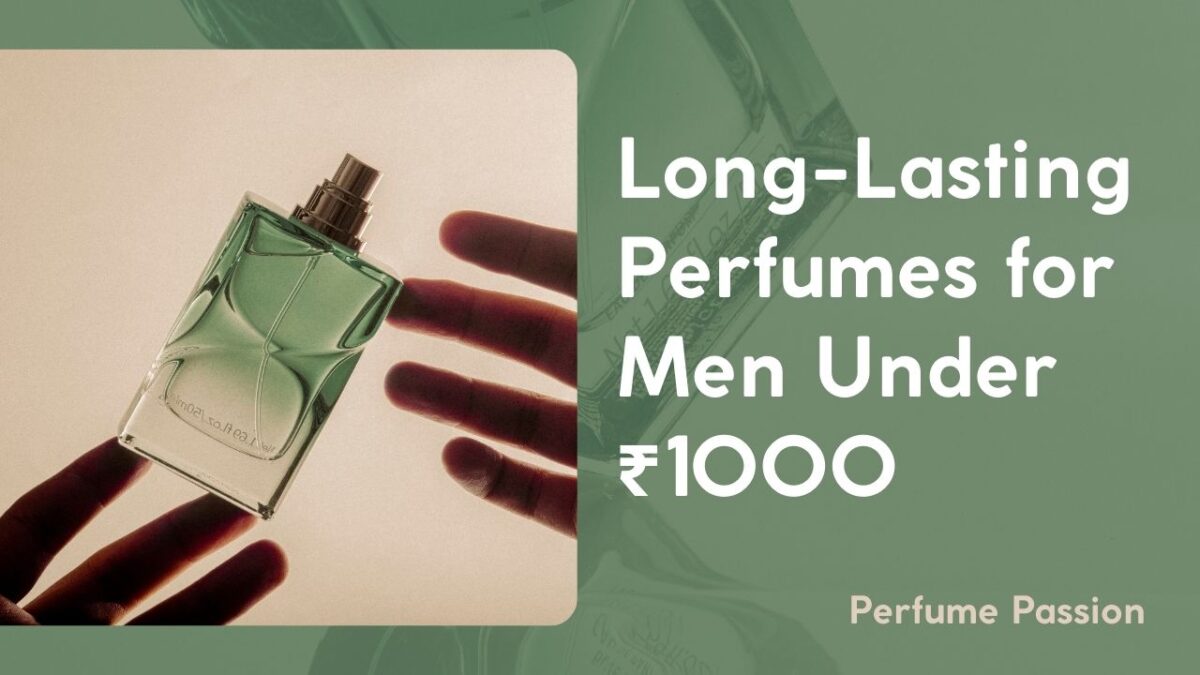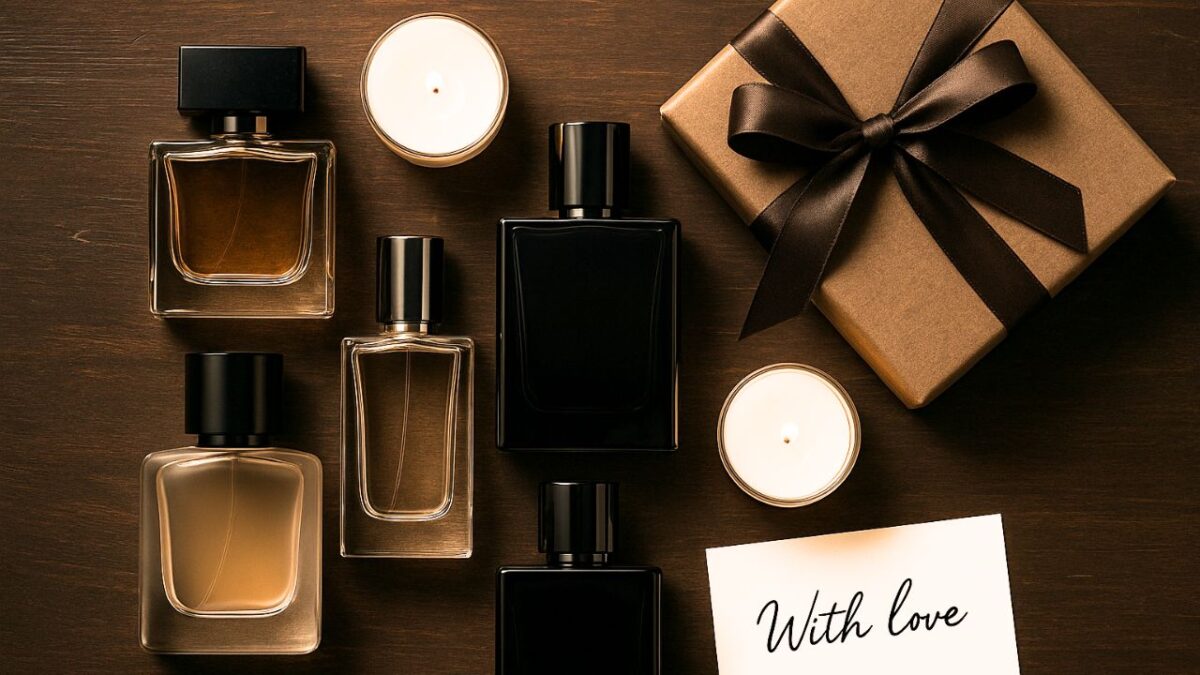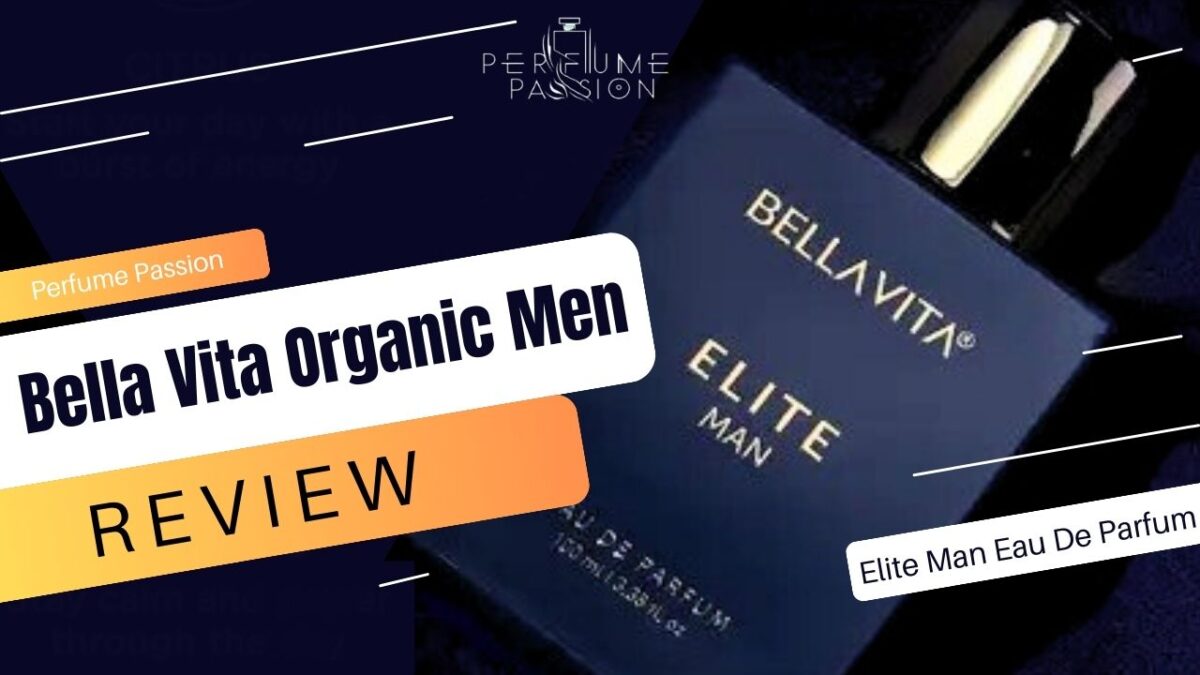Understanding the difference between attar and perfume isn’t just about knowing their ingredients—it’s about lifestyle, tradition, science, and preference. Here’s a breakdown of the major distinctions that set them apart.
Table of Contents
Ingredients and Composition
The key difference between attar and perfume lies in what they’re made of. Attars are 100% natural, made from plant extracts distilled into a base oil, usually sandalwood. They contain no alcohol or synthetic chemicals. Perfumes, on the other hand, typically contain a mix of essential oils, aroma compounds, and alcohol as a carrier.
While attars are limited to what nature can provide, perfumes can replicate any scent, even those impossible to extract from nature (like ocean breeze or metallic tones), thanks to synthetics. This makes perfumes more versatile in scent variety but less natural.
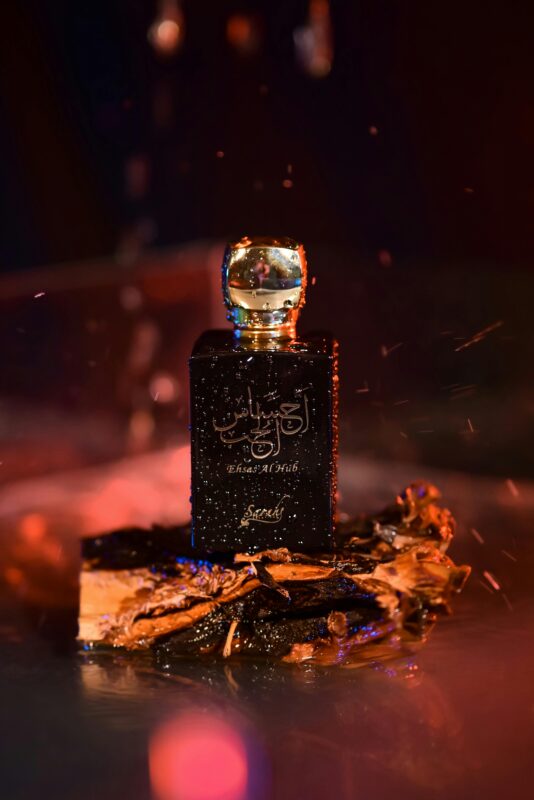
Manufacturing Processes
Attars are crafted using age-old techniques like hydro-distillation or steam distillation, taking weeks or even months to mature. It’s an artisanal process, often done in small batches by traditional perfumers.
Perfume manufacturing, in contrast, is more industrial. Ingredients are blended in labs under strict formulas, often relying on synthetic compounds to ensure consistency and scalability. The result is a product designed for mass appeal and distribution, while attars remain niche and personalized.
Longevity and Projection
Another difference between attar and perfume is how long they last and how far the scent travels. Attars tend to have long-lasting base notes that stay close to the skin. Their scent can last all day, sometimes longer, but their projection—how far the scent radiates—is usually mild and intimate.
Perfumes are designed for a stronger projection, often leaving a scent trail or “sillage” that others can smell from a distance. However, depending on concentration and quality, many perfumes fade faster than attars, especially those with a high alcohol content that evaporates quickly.
Skin Sensitivity and Allergies
If you’ve got sensitive skin, attar is often the better choice. Since it’s alcohol-free and natural, it’s generally gentler and less likely to cause irritation. Perfumes, with their alcohol and synthetic ingredients, can sometimes trigger allergies, rashes, or dryness.
That said, some people may still be sensitive to certain natural ingredients in attar, like strong florals or spices. So always test a small amount first, regardless of which type you choose.
Read More | Top 10 Affordable Long-Lasting Perfumes for Indian Summers
Cultural and Religious Acceptability
Culturally, attar is widely accepted in many religious and spiritual traditions, especially in Islam, where alcohol is prohibited. Many Muslims prefer attar for this reason, as it’s considered halal and pure.
Perfumes containing alcohol are often avoided in religious settings, especially by devout practitioners. In contrast, Western societies are more accepting of alcohol-based perfumes, which dominate their fragrance market.

Price and Luxury Perception
Here’s where it gets tricky: Attars can be both affordable and extremely luxurious, depending on the ingredients. For example, a bottle of rose attar might be cheap, but pure oud or saffron-based attars can cost hundreds—even thousands—of dollars.
Perfumes vary too. Designer brands offer luxurious bottles at high prices, but many mass-market perfumes are quite affordable. However, price doesn’t always reflect quality. Some high-end perfumes are loaded with synthetics, while a modest attar might use pure, high-quality ingredients.
Benefits of Using Attar Over Perfume
Attars offer a unique set of advantages that appeal to those who value natural living, cultural authenticity, and artisanal craftsmanship.
Eco-Friendly and Sustainable Choice
Since attars are made using natural ingredients and traditional distillation methods, they often have a lower carbon footprint. There are no harsh chemicals, preservatives, or environmentally damaging solvents. Choosing attar supports local artisans and sustainable agriculture, especially in regions like Kannauj (India) or Taif (Saudi Arabia).
Skin-Friendly and Natural
If you’re tired of your skin reacting to alcohol-based fragrances, attar is your skin’s best friend. Its oil-based composition moisturizes rather than dries out the skin, making it ideal for people with dry or sensitive skin types. No artificial additives mean fewer allergic reactions and a more personalized experience.

Longer Shelf Life and Aging Like Wine
Attars don’t just last long on the skin—they age beautifully in the bottle. Like a fine wine or aged whiskey, the scent of an attar often deepens and improves over time. Perfumes, especially those with alcohol, can deteriorate faster once exposed to light and air. With proper storage, attars can last 5 to 10 years or more, retaining their original potency and character. That makes them a better investment for long-term fragrance lovers.
Read More | Top 5 Body Sprays for Men Under Rs 500 – Stay Fresh, Smell Amazing on a Budget!
Benefits of Using Perfume Over Attar
While attars are rich in tradition, perfumes bring modern innovation and diversity to the table.
Variety of Choices and Modern Appeal
One major difference between attar and perfume is the variety of scent profiles available in perfumes. Thanks to synthetic ingredients and global trends, perfumes can replicate just about any smell you can imagine—tropical rainforests, leather-bound books, even gourmet desserts.
This makes perfume a playground for the adventurous. You can choose a floral perfume for spring, a musky one for winter, and something citrusy for the office. The choices are nearly endless.
Designer Brands and Global Market
Perfumes dominate the global fragrance market, thanks in part to massive marketing campaigns, celebrity endorsements, and luxury fashion houses. Wearing a Chanel, Dior, or Tom Ford perfume isn’t just about scent—it’s a status symbol. It connects you to a lifestyle brand, often with matching skincare and cosmetic lines.
Attars rarely enjoy such mainstream glamour. Their appeal is more niche and personal, making perfumes more suitable for those who value brand prestige and visibility.
Ease of Application and Availability
Perfumes are incredibly easy to apply—just a quick spray on the pulse points, and you’re good to go. They’re also widely available in department stores, online platforms, and even airports.
Attars, being oil-based, require careful dabbing and might not come with atomizers. Plus, they’re harder to find outside South Asia or the Middle East. For someone always on the go, perfume might be the more practical choice.
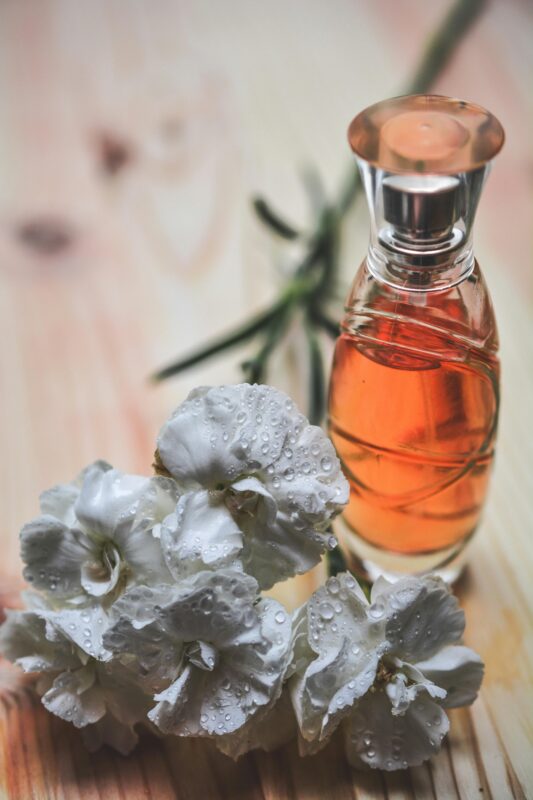
Situations to Choose Attar or Perfume
Each fragrance type has its ideal setting, and choosing between attar and perfume often depends on where you are and what you’re doing.
Religious or Cultural Events
If you’re attending a religious ceremony, especially in Muslim or Hindu communities, attar is usually the preferred option. It aligns with spiritual purity and adds a sense of tradition and reverence to the event.
Even during yoga or meditation, a subtle floral or sandalwood attar can enhance the experience without overwhelming the senses or others around you.
Everyday Use or Corporate Settings
For daily use, perfume offers versatility and modern appeal. Whether it’s a light EDT for the office or a deeper EDP for after-work drinks, you can match the mood and setting easily. Plus, the spray format makes it quick and convenient to refresh during a busy day.
However, a mild, non-intrusive attar can work just as well for those who want to avoid artificial chemicals or stick to a more natural routine.

Special Occasions and Formal Events
For weddings, parties, or date nights, the choice between attar and perfume boils down to impression and ambiance. A high-end oud attar will ooze luxury and mystery, while a signature perfume will convey style and personality.
Mixing both can even be a strategy—wearing attar on the skin and a complementary perfume on clothes can create a layered effect that’s both rich and unforgettable.
How to Apply Attar and Perfume Correctly
Application is everything. No matter how good your fragrance is, if you’re not applying it properly, you’re wasting your money—and the scent. The difference between attar and perfume also lies in how they’re applied and how they interact with your skin.
Tips for Maximizing Longevity
- Attar Application: Attar is oil-based, so it should be dabbed, not sprayed. Use the stopper or your finger to apply a small amount to pulse points—wrists, behind ears, neck, and inner elbows. Since it’s concentrated, a little goes a long way.
- Perfume Application: Perfume, being alcohol-based, evaporates quickly. Spray it from a distance of about 6–8 inches onto clean, moisturized skin. Don’t rub it in—that breaks down the molecular structure and reduces longevity.
- Layering Techniques: Combine a scented body lotion with a matching perfume, or layer a light attar underneath your favorite perfume for a custom blend.
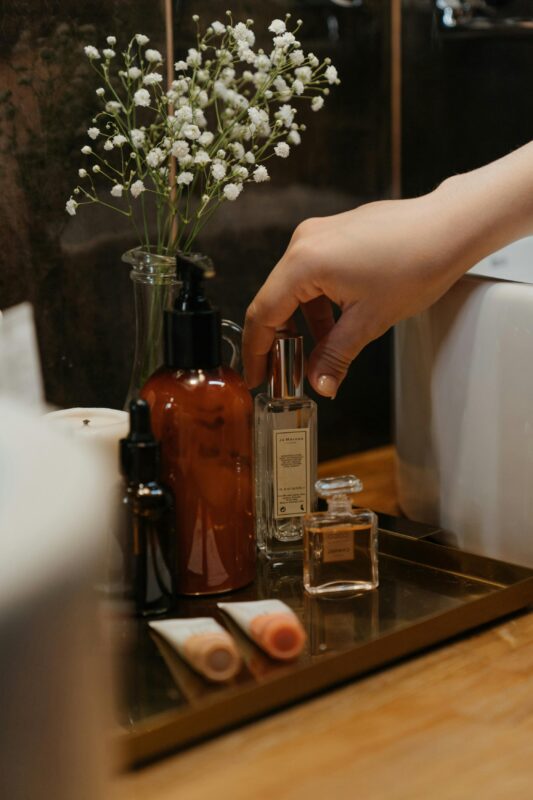
Do’s and Don’ts for Application
Do:
- Store fragrances in a cool, dark place.
- Apply immediately after a shower for better absorption.
- Use unscented lotions to prep skin.
Don’t:
- Don’t spray perfume on clothes—some fabrics stain.
- Don’t apply attar in large quantities—it can become overpowering.
- Don’t expose bottles to direct sunlight or fluctuating temperatures.
Understanding and respecting the application methods enhances the scent experience and saves product over time.
Did You Know ?
Attar doesn’t contain alcohol and actually matures with age—just like fine wine! Some traditional Indian attars, aged over 10 years, are considered more valuable and smell richer over time.
Popular Attars and Perfumes to Try
The world of fragrance is wide and inviting. Whether you’re a beginner or a seasoned scent lover, here are some must-try options that reflect the key difference between attar and perfume.
Top Recommended Attars for Beginners
- Gulab (Rose Attar) – A timeless classic with romantic floral notes.
- Oudh (Agarwood Attar) – Rich, woody, and luxurious; perfect for evening wear.
- Khus (Vetiver Attar) – Earthy and cooling, ideal for hot climates.
- Hina Attar – Spicy, deep, and traditional; great for festivals and ceremonies.
- Mitti Attar – Smells like fresh earth after rain—a unique scent rooted in Indian tradition.
Each of these attars reflects cultural richness, subtlety, and purity, providing a scent experience that’s both personal and lasting.
Trending Perfumes Across the Globe
- Chanel No. 5 – A legendary floral-aldehyde that changed perfume history.
- Dior Sauvage – Masculine, fresh, and wildly popular.
- YSL Black Opium – Sweet, intense, and modern—perfect for nights out.
- Jo Malone English Pear & Freesia – Light, elegant, and quintessentially British.
- Creed Aventus – A niche fragrance loved for its bold, fruity-smoky profile.
These perfumes offer a wide range of olfactory experiences and are perfect for those who love versatility and branded style.

Choosing What’s Best for You
With so many options and such a big difference between attar and perfume, how do you choose what suits you best?
Factors to Consider When Picking a Fragrance
- Skin Type: Dry skin absorbs scent faster; attars work better as they moisturize too.
- Lifestyle: Do you attend many formal events or prefer daily wear? Perfume is better for quick use, attar for long-lasting richness.
- Values: Prefer natural and eco-friendly? Go for attar. Love variety and convenience? Perfume wins.
Personality and Scent Profile Match
Fragrance is a reflection of your personality. If you’re spiritual, rooted in tradition, or sensitive to artificial smells, attar is your aromatic soulmate. If you’re fashion-forward, trendy, and always on the go, perfume is your ideal match.
You can even build a fragrance wardrobe—use attar at home or during meditative times, and switch to perfume for public or professional appearances.
Misconceptions About Attar and Perfume
Many people carry outdated or inaccurate beliefs about both attars and perfumes. Let’s debunk a few.
Attar Is Only for Men or Religious Use
This is far from true. There are countless floral and light attars perfect for women and everyday wear. Attars like mogra, jasmine, or rose are delicate, romantic, and ideal for casual or formal use.
Also, while attars are used in religious rituals, they’re just as effective for daily grooming, meditation, or making a fashion statement.
Perfume Is Always Synthetic
Many assume that all perfumes are chemical-laden. Not necessarily. There are natural and organic perfumes available, and many high-end brands use natural essential oils alongside synthetics for balance and projection.
Synthetics aren’t always bad either—they make perfumes more stable, affordable, and hypoallergenic in some cases.
So whether you’re into tradition or innovation, there’s a fragrance that aligns with your truth.
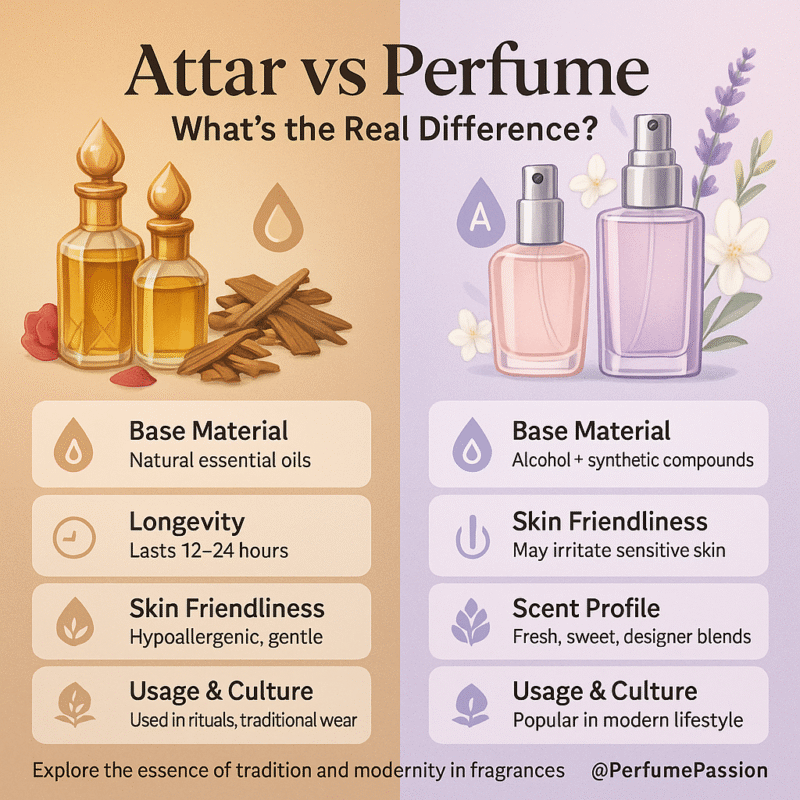
How to Store Attar and Perfume
Proper storage can drastically affect how long your scent lasts—both on your skin and in the bottle.
Proper Storage Tips to Extend Fragrance Life
- Keep bottles in a cool, dry place, away from sunlight and humidity.
- Use dark glass bottles or opaque containers for attars to prevent light damage.
- For perfumes, store them upright to prevent leakage or degradation.
Attars especially benefit from aging, so the longer they’re stored correctly, the richer they become.
Mistakes That Ruin Fragrance Quality
- Leaving caps off can expose scents to air and oxidize them.
- Keeping in bathrooms—the humidity can spoil them.
- Mixing bottles—using dirty applicators can contaminate your attar.
Respect your scent the way you would a fine wine or luxury garment. It deserves care, storage, and a bit of ceremony.
Conclusion: A World of Choice Awaits
When it comes to the difference between attar and perfume, it’s not about which is better—it’s about which is better for you. Attar is a fragrant journey into nature and tradition, offering purity, depth, and longevity. It appeals to those who seek authenticity and cultural richness. Perfume, on the other hand, represents innovation, diversity, and modern-day convenience. It’s the choice of those who love designer brands, instant freshness, and a wide variety of scents.
Both attar and perfume have their strengths. One is rooted in centuries of craftsmanship and the quiet elegance of oils. The other thrives on innovation, mass appeal, and the art of spray. Whether you’re drawn to the intimate aroma of sandalwood or the bold sillage of a Dior classic, the best fragrance is the one that makes you feel good, smells unforgettable, and reflects who you are.
So why not try both? Let attar anchor your spiritual self and perfume adorn your everyday style. In the grand palette of scent, there’s no wrong choice—only aromatic possibilities waiting to be explored.
FAQs
1. Is attar better than perfume?
2. Can attar be used daily?
Yes! Attar is completely safe for daily use. In fact, many people use light floral attars like rose or jasmine as their go-to fragrance. Just be sure to apply it sparingly, as it is highly concentrated.
3. Which lasts longer, attar or perfume?
Generally, attar lasts longer than most perfumes, especially on the skin. It doesn’t evaporate quickly because it’s oil-based. However, high-quality perfumes like Eau de Parfum or Extrait can also have excellent longevity.
4. Are there alcohol-free perfumes like attar?
Yes, there are alcohol-free perfumes available on the market, especially in halal or organic beauty lines. However, true attars remain the gold standard for natural, alcohol-free fragrance.
5. Why is attar more expensive than perfume sometimes?
The cost of attar often depends on the purity and rarity of the ingredients used. Pure oud, saffron, or sandalwood attars can be extremely expensive because they’re made from rare and high-quality natural sources. Perfumes, even luxury ones, often contain synthetic elements that reduce cost.
References:
- “The Fragrance Foundation.” Fragrance Foundation, https://fragrance.org/. Accessed 28 May 2025.
- Raut, Narendra N., and Vilasrao J. Kadam. “Exploring the World of Attars: Traditional Fragrances of India.” Journal of Ethnopharmacology, vol. 133, no. 1, 2011, pp. 21-26. https://doi.org/10.1016/j.jep.2010.08.003.
- “IFRA Standards.” International Fragrance Association (IFRA), https://ifrafragrance.org/safe-use/standards Accessed 28 May 2025.
- Sell, Charles. The Chemistry of Fragrances: From Perfumer to Consumer. 2nd ed., Royal Society of Chemistry, 2006. https://www.rsc.org/books/detail/9780854048243/the-chemistry-of-fragrances
- Calkin, Robert R., and J. Stephan Jellinek. Perfumery: Practice and Principles. Wiley-Interscience, 1994. https://www.wiley.com/en-us/Perfumery%3A+Practice+and+Principles-p-9780471589343.

Siddhartha Das is a dedicated perfume enthusiast and the content editor at perfumepassion.in. With a deep curiosity for the art and science behind fragrances, he is on a journey to explore and understand the ever-evolving world of perfumery. His passion drives him to research ingredients, uncover scent trends, and decode the stories behind popular and niche perfumes alike.
As the content editor of the site, Siddhartha ensures that every article is grammatically sound, engaging, and informative. He combines editorial precision with fragrance knowledge to deliver content that meets both reader expectations and Google’s quality standards. Whether you’re a beginner looking for fragrance tips or a seasoned collector exploring rare scents, Siddhartha’s insights and editorial excellence help make perfumepassion.in a trusted destination for all things perfume.


